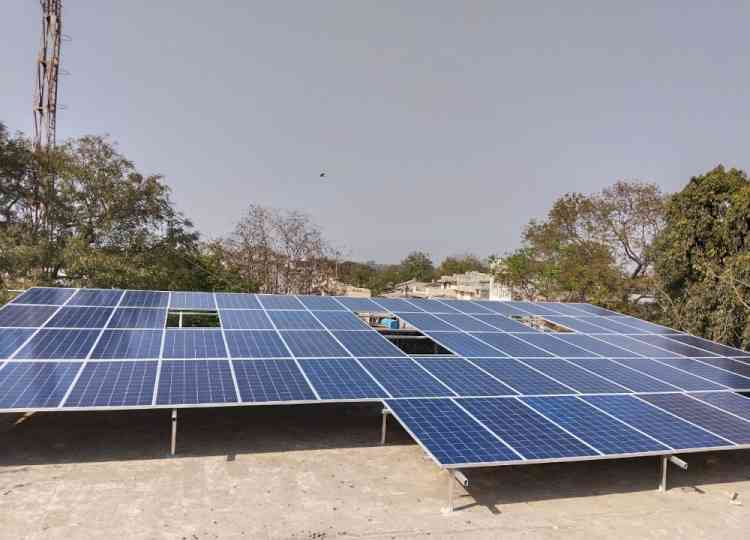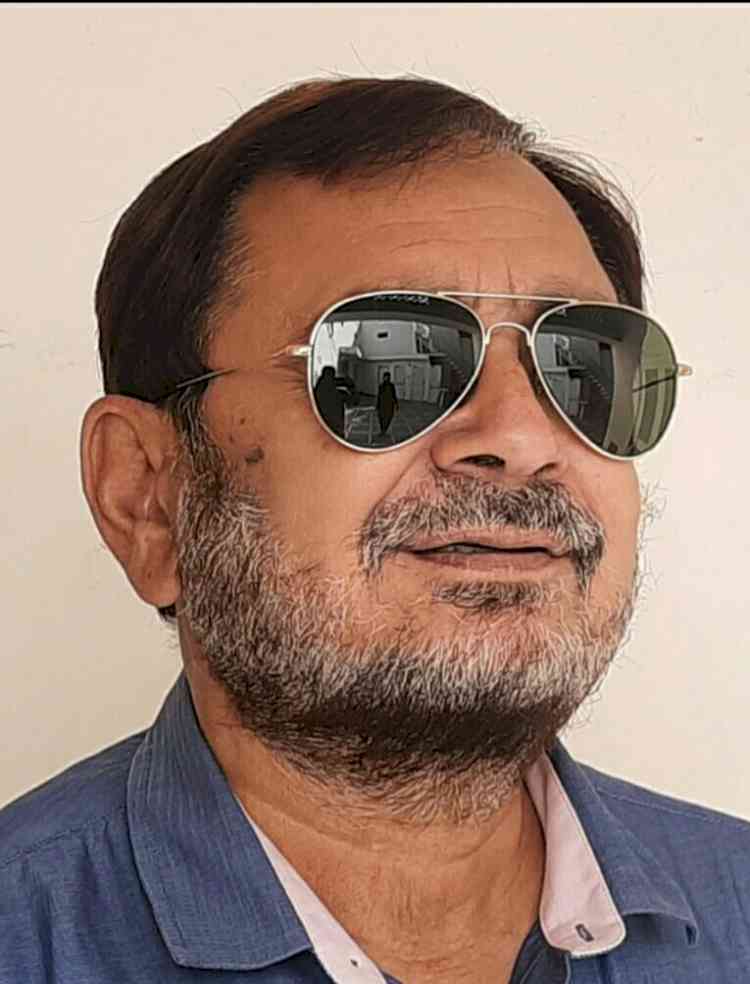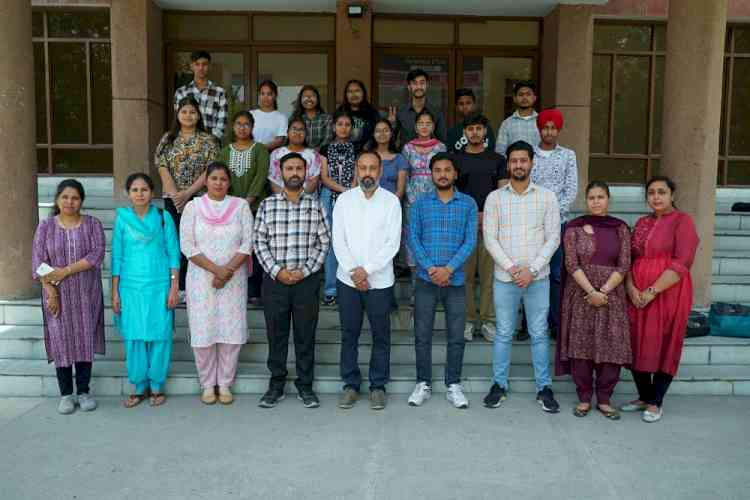Is Maitiq Libya's new prime minister?
Tripoli, May 5 (IANS) After dramatic and chaotic elections, Ahmed Omar Maitiq was Monday confirmed as Libya's new prime minister by the embattled country's parliament, a top official announced. "Ahmed Omar Maitiq is now appointed head of the...

Tripoli, May 5 (IANS) After dramatic and chaotic elections, Ahmed Omar Maitiq was Monday confirmed as Libya's new prime minister by the embattled country's parliament, a top official announced.
"Ahmed Omar Maitiq is now appointed head of the interim government, and he is tasked with forming the cabinet within 15 days," Xinhua quoted parliament spokesman Nuri Abu Sahmein as saying.
But confusion still remained over who was Libya's legitimate prime minister after government sources gave contradictory results of the chaotic parliamentary election a day earlier.
Ahmed Maitiq, a 42-year-old businessman, was officially named as the country's new prime minister after winning 121 votes. The result was also announced Sunday afternoon by Second Deputy Secretary of the General National Congress (GNC) Saleh Makhzoom.
But hours after Makhzoom's announcement, the GNC's First Vice President Ezziddine Awami declared that the vote was invalid.
The interim cabinet in a statement also rejected Maitiq's election as invalid raising a question mark over his being able to function as the new prime minister.
Lawmakers were even debating whether to hold a fresh election.
Political analysts said the "election drama" showed that the interim parliament was now deeply divided.
Meanwhile, Libya's acting Prime Minister Abdullah al-Thinni's spokesperson Ahmad Lamen said in a press release that the Thinni cabinet will stay on until a new round of election is held.
Lamen said the cabinet will "abide by the constitution" and "fully implement the absolute legitimate power".
The political deadlock facing the North African country followed the 2011 turmoil which toppled former leader Muammar Gaddafi. Libya's weak central government has not been able to establish effective control over the whole country, making the oil-rich nation an arena for militias, extremists and international powers.

 cityairnews
cityairnews 
















